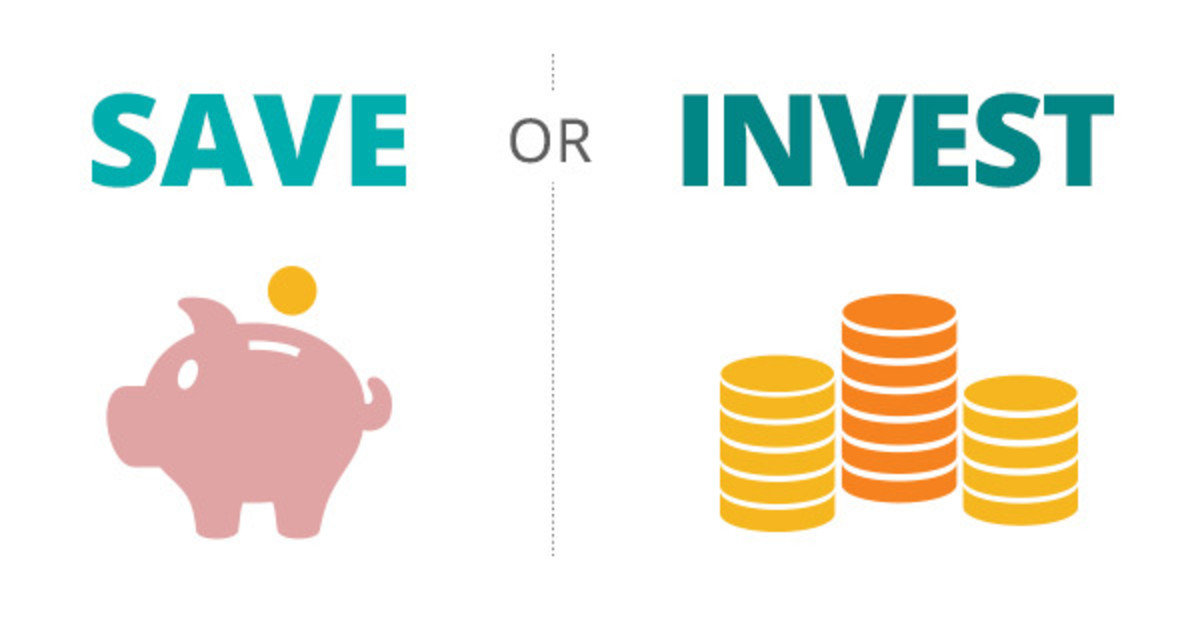7 Easy Ways to Start Saving Money
Start growing your savings today

Start saving today
Most of us live pay check to pay check, meaning that each fortnight or month, the money that comes in goes straight again.
Living pay-check to pay-check is no way to live long term. What if you get sick and can’t work? What if the car breaks down? What if Tigger’s trip to the vet cost more than you thought?
The best way to break the pay-check to pay-check cycle is to start by making a budget and saving more money. The idea of this is you start to build an emergency fund and some savings, so that you can take care of life’s unexpected expenses and start saving for your future.
If you’re like most people, it can be really hard to start saving money. There’s so much stuff to buy and getting credit has never been easier. Here are 7 easy ways to start saving money, to get you on the path to a better future. Saving is just another habit, and once you start doing it and reaping the rewards you’ll wonder why you put it off for so long!
1. Pay yourself first
Unless you consciously decide to save your money, it won’t happen, as there will be something that you will find to spend your hard-earned money on. Start with saving as little as $5 a week. That’s less than a cup of coffee. For extra bang for your buck, transfer your $5 weekly savings into a high interest online bank account. This will save you at least $260 a year with minimal effort. If you’re finding this easy, increase the amount by $5 each week ($10 a week saves $520 a year, more than enough to put toward a holiday, or Christmas time.) If you have a higher income, but are inclined to spend impulsively then if you put away at least $50 a week, that’s $2600 saved into your emergency fund. It’s easy to see the pattern, a little sacrifice now can make a big difference in the future.
Pay yourself first

2. Cut out unnecessary expenses
Are you tired of Netflix? Do you ever go to gym? Does your magazine subscription ever get read? Go through your card/bank transactions and find all the expenses that are coming out as automatic deductions. If you find anything you never use, stop paying for it! If you like Netflix and watch it for several hours each week, by all means keep your subscription. However if you’re paying the gym $50 a month and never go, that’s $600 a year saved with minimal impact on your lifestyle.
Active wear - Premium vs Budget Brand?

3. Be less of a "brand snob"
We all have our favorite brands in various categories, everything from toothpaste to cars. However when buying a brand, you pay a premium. Look at everything you buy and decide which brands in different categories matter to you, and you’ll find easy savings.
For instance premium active-wear costs much more than active-wear from a department store, but both provide clothing for exercising. Would you rather pay $70 for branded track pants, or get the $20 pair from the department store? How much extra value do you get from the branded active-wear? (That is, do you feel the extra $50 on this pair of track pants enhances your life in a meaningful way?)
One of the keys to saving is not to cut back your spending on everything, as this will only make you miserable. It’s about deciding what’s important to you, and where you want splurge and where you can easily save. Next time you want to buy something, consider firstly, do I need this? Secondly, do I need this brand? Is there another readily available product that will fulfill my needs? If you start doing this with every purchase not only will you become more aware of your needs vs wants and it will help you define what really matters to you, and where you want to spend your money.
Make lunch, save money

4. Make your own lunch
It doesn’t matter how much you earn, whether you’re a stay at home mom or a neurosurgeon, if you make your own lunch each day this will save you anywhere from $5-15 a day depending on where you live and what you eat. At $10 a day 5 times a week for 52 weeks, that’s….$2600 saved! Even if you can’t make your own lunch everyday, each day you don’t buy lunch is more money in your pocket. The internet is full of suggestions for making your own lunch so find something you like to eat and start making it!
5. Cut out the bad habits
If you want to save money and help your health at the same time, cut out non-essential expenses. Everyone knows smoking can almost any disease you can think of, so if you’re trying to save money you will save on your health too by quitting now. If you drink regularly, try to reduce your alcohol intake. If you’re prone to having a couple of beers or a couple of glasses of wine each night, start by having one alcohol free night each week and see how you go, then keep cutting back from there. If you gamble in any form (slot machines, online gambling, betting, scratch cards etc) cut this out altogether (or at the very least, cut back and always stay within your budget), as remember the golden rule is “the house” always wins. You won’t save any money, if you keep giving it away by gambling.
6. Walk to work
Commuting and transport is the second biggest cost faced (after housing costs) by most people. By walking to work, you’ll save on fuel costs, mileage on your car and parking. As an extra bonus, you’ll be doing your health a favor by getting the extra exercise. Looking after your health is another sensible cost effective choice to make now, as the medical costs of poor health due to an unhealthy lifestyle (think heart disease, cancer) are huge! If you can’t walk to work, could you park a little further down the road and save on parking? Is there an option to use public transport? Could you cycle to work (or part of the way)? Consider what might work for you, and see how using your car less could save you money.
Save on housing, your biggest expense

7. Reduce your housing costs
Housing is the single biggest expense faced by most people. If you still live with your parents rent free – make the most of this time by putting some of the money you would be paying in rent into a high interest savings account. If you live alone, could you get a roommate? Not only will this reduce your rent/mortgage but all the bills will be divided in half. If you don’t want to commit to a long term tenant, could you consider having an exchange student come to stay for a short period of time, or be an Airbnb host? If you’re a home owner, always look around to see what other banks are currently offering on their mortgage interest rates. If your loan is more than 0.5-1% higher than what’s on offer, ask your bank to do better.
These 7 easy ways to start saving money can be started at any time. The sooner you start, the better and brighter your future will be. If the thought of saving is overwhelming, start with just one of these things and see how much you save. You may find it helpful to record how much you're saving as well, to help keep you motivated to stay on track. You have the power to start saving whenever you want, it’s up to you to make that choice and start seeing the benefit of your new savings habit!








